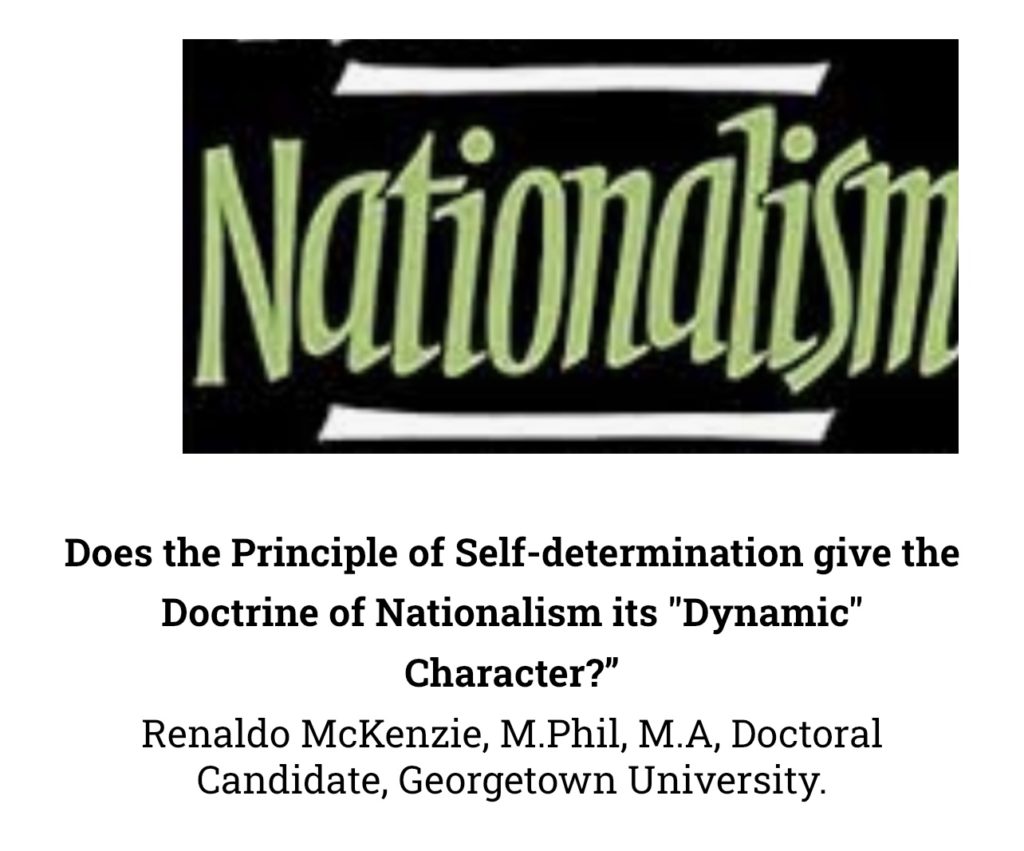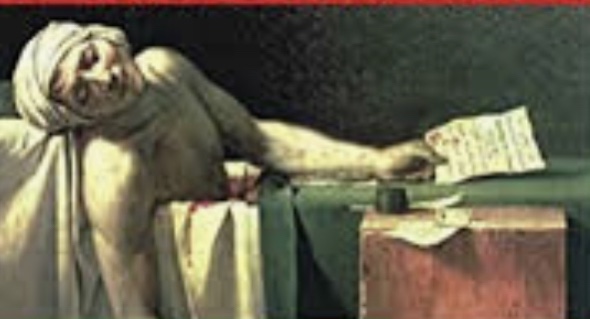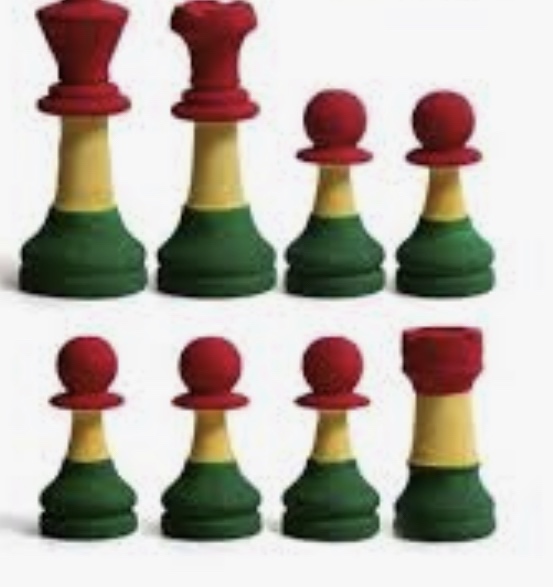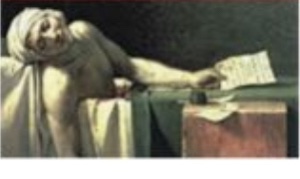
Renaldo McKenzie, M.Phil, M.A, Doctoral Candidate, Georgetown University.
Question: Kedourie argues in his book “Nationalism” that the principle of self-determination gives the doctrine of nationalism its “dynamic” character. What does he mean by this? What consequences follow from his argument for our understanding of the doctrine of Nationalism and its validity?

It is difficult to prove everything as occurring or existing naturally, and to see things as they are. Therefore, we are only left with our thinking, says Descartes. Moreover, the thing that thinks is internal, or is it? Hence, this discovery is evidence that we exist but to do what. Just as the awareness of existence is a dynamic and difficult negotiation of the self, so too is the desire to nationally self-determine. Hence, nations are not some outer or otherworldly creations that are naturally inherent, but a creation of the self through reason.
This idea was shaped in the enlightenment period. The internal drive to become a MAN, to determine oneself and one’s future from an immaterial and impractical institution. This striving seems to put the individual at the center of the universe, not a monarch or a pope or God. He must reason within himself/herself to find truth and value, and from that create a destiny/fate for self. The Enlightenment challenged dictates and commands, edicts and a pre-ordained society. Zwigli, Luther, and other reformers sought to facilitate individual thinking, free thinking, to look within oneself and not the pope and their injustices. All believers were priests. All peoples were rational human beings with a deep desire to bend their own will. The world is a creation of the will, and he bends it to his will. The free man bends the world to himself. He will rule his fate. There is no world outside of the will; this is arrived at through reason. The Enlightenment is manifestly this propagation of the categorical thing, catalyzing through inspiration, self-discovery and power to be what one is, a man just like the other. The world is an expression of the man, shaping it to his will. Man is free within himself when he obeys the laws within himself.

However, where does this come from? It is just within us; we are therefore not “tabula rasas.” We are born imprinted with a natural disposition to discover an imprinted self. Then, our will must transcend our base instincts and drive, to some higher or greater good that joins us with other peoples to create nations. Moreover, this nationalism is maintained through struggle. This would mean that there is no end. Still, a rational thinking person would give in to his desire to self-determine by willingly ascribing limits to himself for the general will or greater good. However, he has to do so willingly for it to work. Then we would need to find others of like mind to form a constituent to justify and satisfy a nation, for struggle must find rest somewhere. Nations are born out of this internal struggle.
Get the entire Essay Paper @ Online Store
The paper was presented as part of a Thesis at the University of Pennsylvania in 2012 by the Author. It is being made available for consideration, debate and comments as it is part of a continuing dissertation research.
The NeoLiberal Corporation
Serving The World Today To Solve Tomorrow’s Challenges
Contact us @ CONTACT | Follow us @
Error: Contact form not found.

